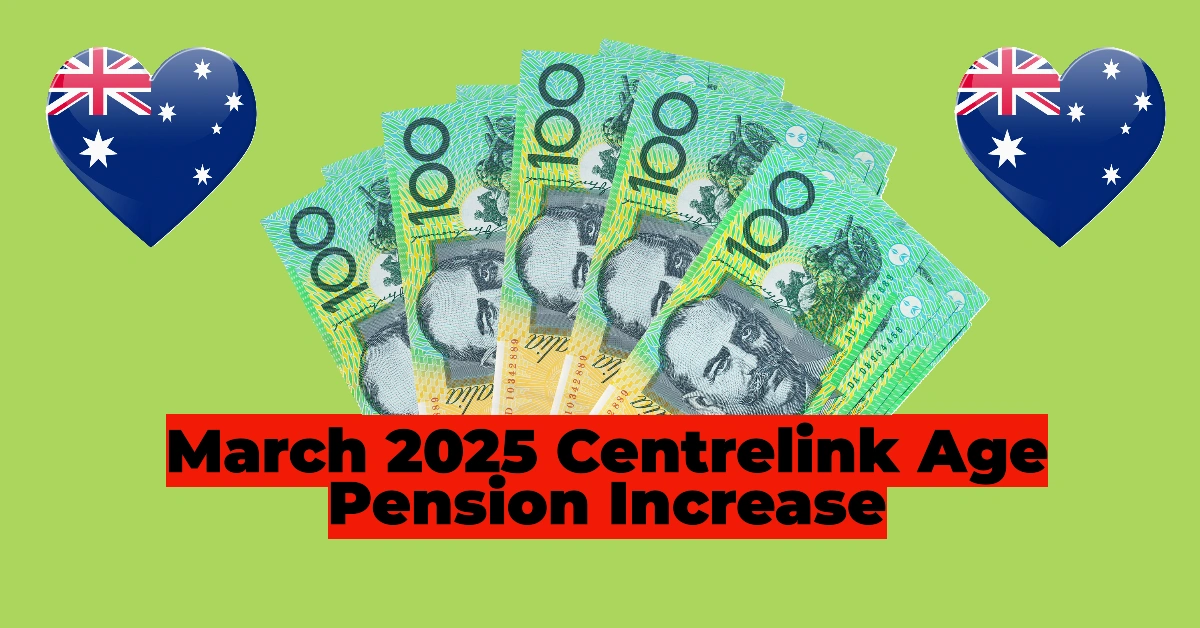In a move aimed at revitalizing Canada’s economic landscape and addressing concerns from business owners and industry leaders, Prime Minister Mark Carney’s office confirmed on Friday that the government will cancel the proposed hike in the capital gains inclusion rate. This tax reform, which had faced significant backlash, will no longer be implemented, offering relief to businesses and entrepreneurs alike.
Table of Contents
The federal government also announced that it will retain the increase in the lifetime capital gains exemption limit, which will rise to C$1.25 million (approximately $872,000 USD) for the sale of small business shares, as well as farming and fishing properties. This move is seen as a crucial step in fostering entrepreneurship and investment within Canada’s growing sectors.
Why This Decision Matters for Canada’s Economy
Canada’s tax policies, particularly those surrounding capital gains, have long been a point of contention. Last year, the government proposed increasing the portion of capital gains subject to tax, from 50% to 66%, for individuals and businesses earning more than C$250,000 ($174,605) in capital gains. This change was expected to generate significant revenue—approximately C$19.4 billion over five years—funds which were earmarked to support affordable housing initiatives.
However, the proposal sparked a firestorm of criticism. Business leaders, economists, and opposition politicians argued that the increased tax burden would drive investment out of Canada, potentially harming economic growth. Despite this outcry, the tax hike had been scheduled to take effect on June 25, 2024, but it had yet to be formally enacted through Parliament.
Now, with the cancellation of the tax increase, Prime Minister Carney is attempting to reassure both domestic and international investors that Canada remains an attractive place to do business. By halting this controversial tax reform, Carney hopes to reverse some of the damage done to the Liberal Party’s image under his predecessor, Justin Trudeau, whose leadership saw a sharp decline in party polling numbers.
The Political Implications of Cancelling the Tax Hike
Prime Minister Mark Carney’s swift decision to cancel the capital gains tax hike reflects his attempt to distance his government from policies that were unpopular with key sectors of the economy. This cancellation is expected to help boost his party’s fortunes, as recent polling indicates a significant improvement in public opinion since he assumed office. With the Liberal Party now either leading or in close competition with the opposition Conservatives, Carney is preparing for the possibility of calling a snap election in the near future.
In a statement, Carney emphasized the broader implications of his government’s decision: “Cancelling the hike in capital gains tax will catalyze investment across our communities and incentivize builders, innovators, and entrepreneurs to grow their businesses in Canada.” This message signals a shift toward fostering economic growth through policies that are more in tune with the needs of business owners and small entrepreneurs.
Uncertainty Surrounds Capital Gains Tax Changes, but CRA Moves Ahead with New Charges
Canadian Workers Can Receive Up to $566 from a CRA Benefit Payment This January
Comprehensive Guide to CRA Benefit Payments Canadians Can Receive in 2025
5 New CRA Benefit Payments Launching in January 2025
How Much is CPP going up in 2025?
The Risks and Challenges Ahead for the Canadian Government
While the cancellation of the proposed tax increase is a win for businesses, it could present significant financial challenges for the Canadian government. The government had expected to raise C$19.4 billion in tax revenue from the capital gains hike, funds that were intended to help finance affordable housing projects and reduce the nation’s deficit.
With a projected fiscal shortfall of C$20 billion for the 2023-2024 fiscal year, the cancellation of the tax measure could exacerbate Canada’s budgetary constraints, making it more difficult for the government to fund its policy priorities. Although the decision may win support from businesses and investors, it could strain the government’s efforts to balance its books and address growing public concerns about the cost of living and housing affordability.
In summary, Canada’s decision to cancel the proposed capital gains tax increase marks a significant shift in economic policy under Prime Minister Mark Carney’s leadership. While the cancellation is expected to energize businesses and attract investment, it also raises important questions about how the government will manage its fiscal challenges moving forward. As Carney’s popularity continues to rise, all eyes will be on his upcoming decisions, including the possibility of an early election.








